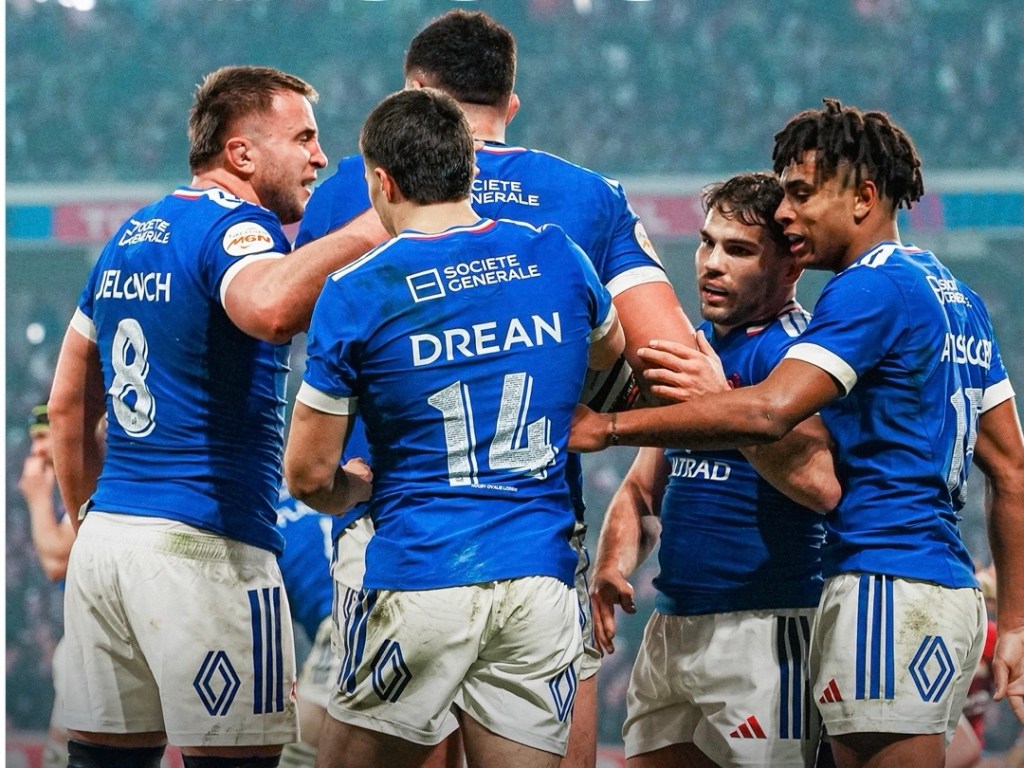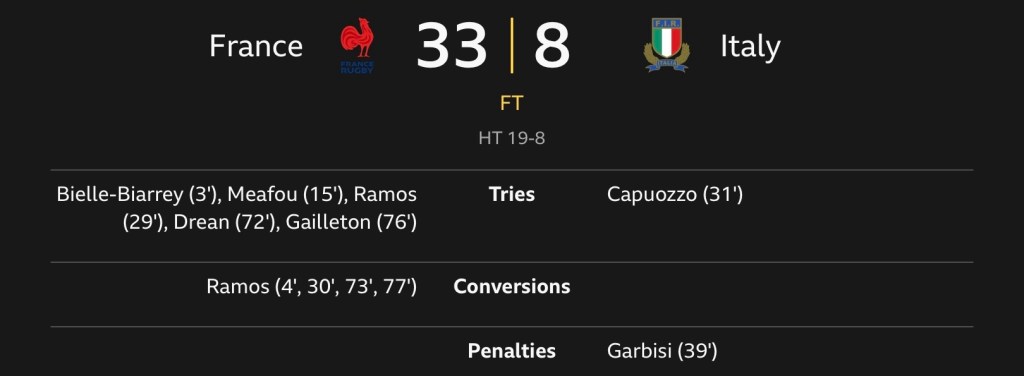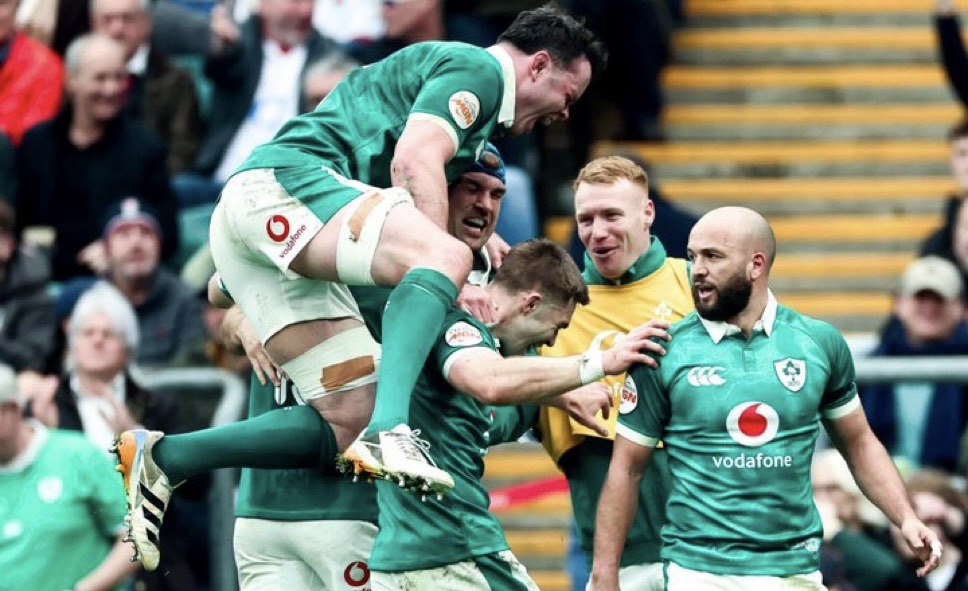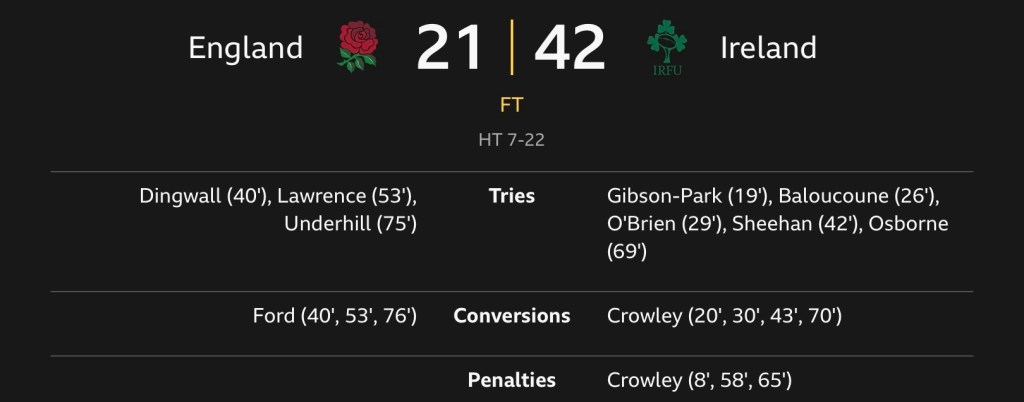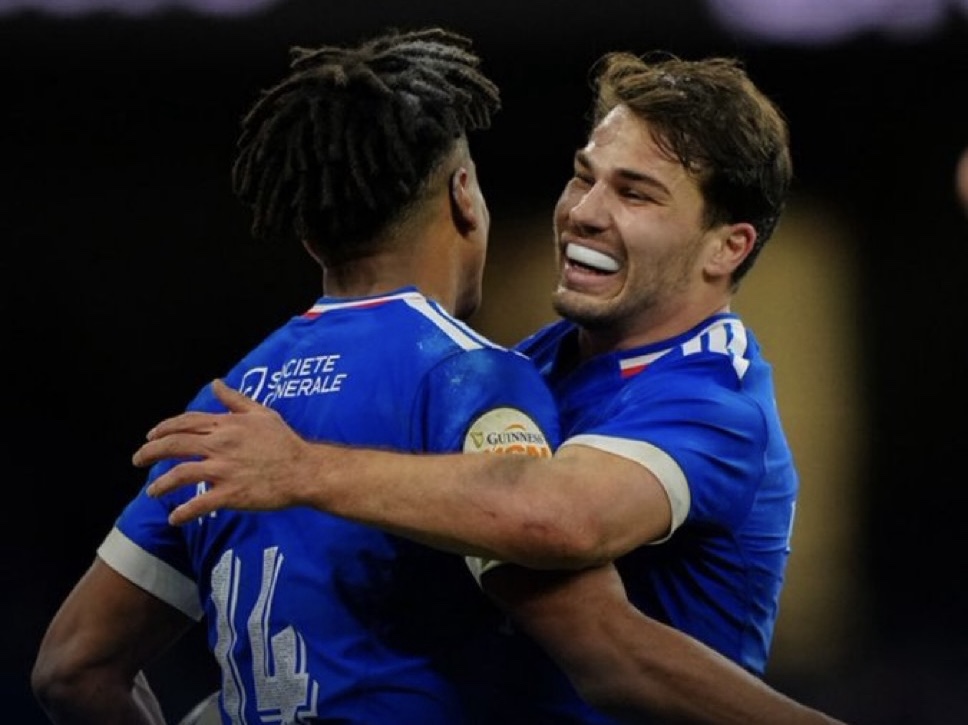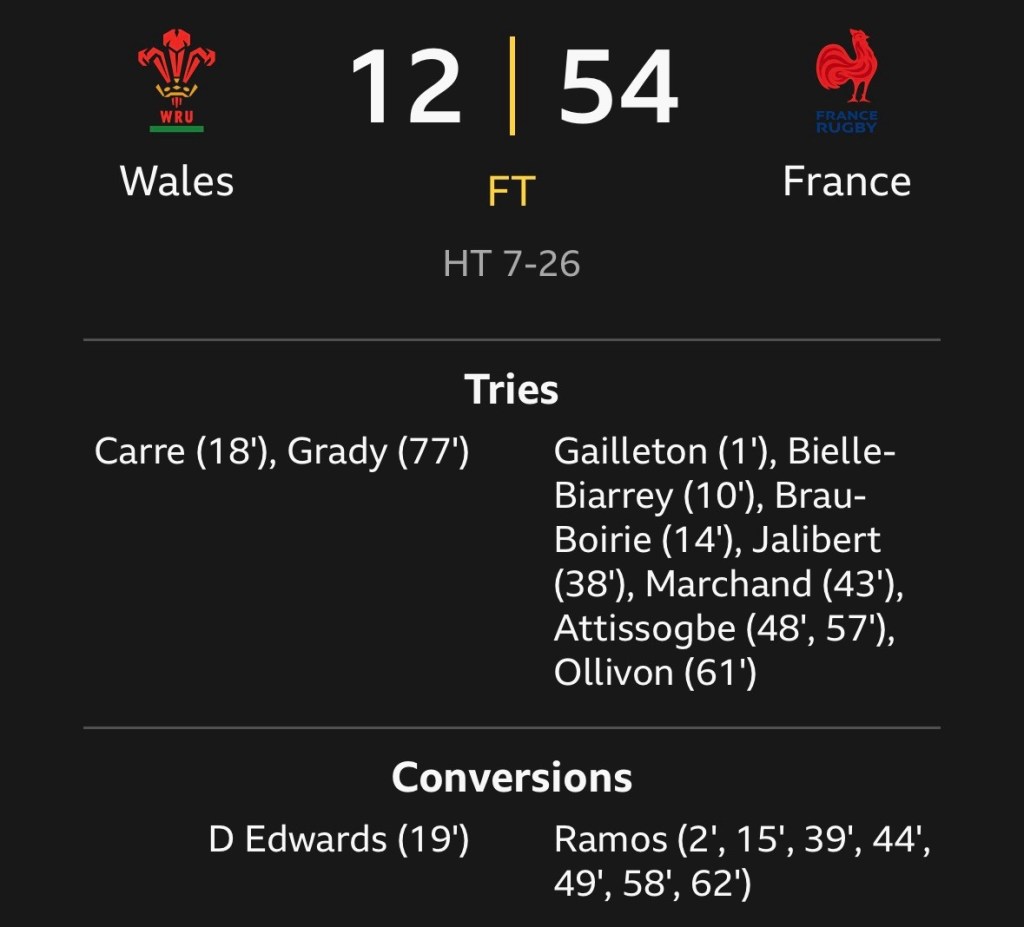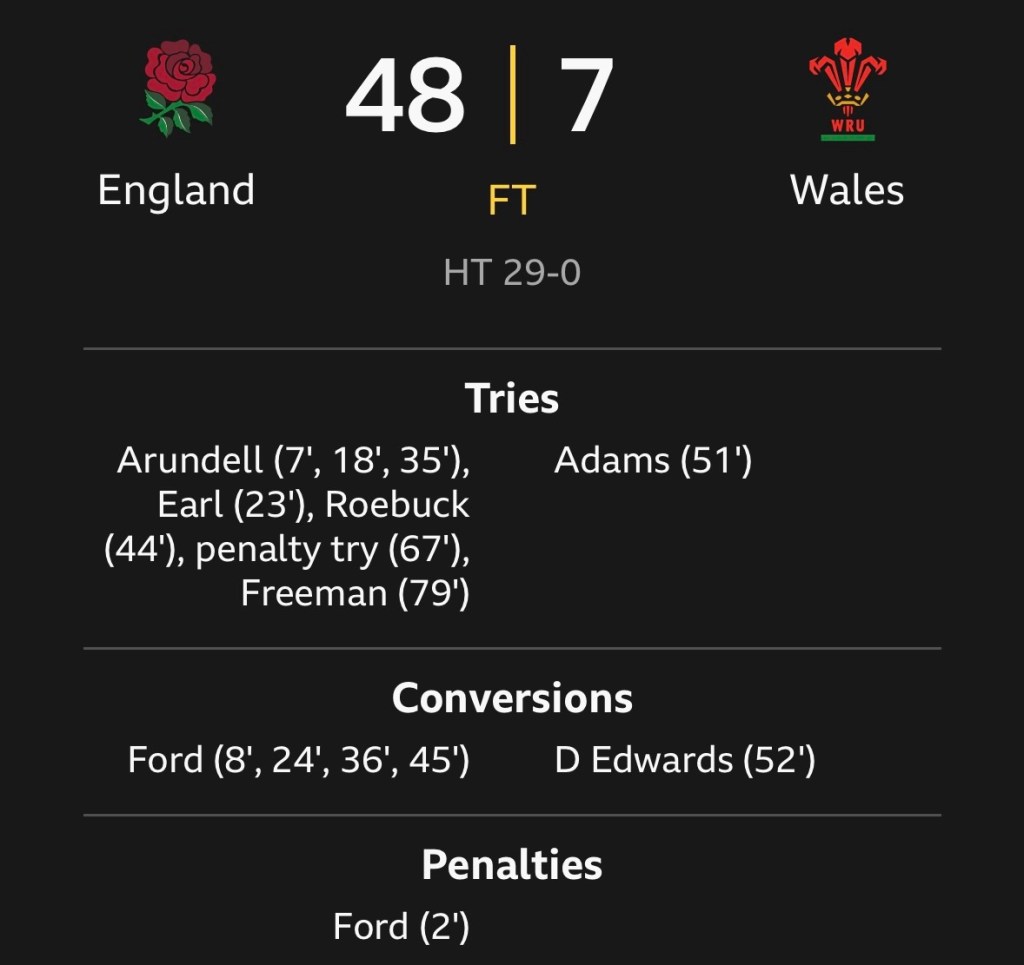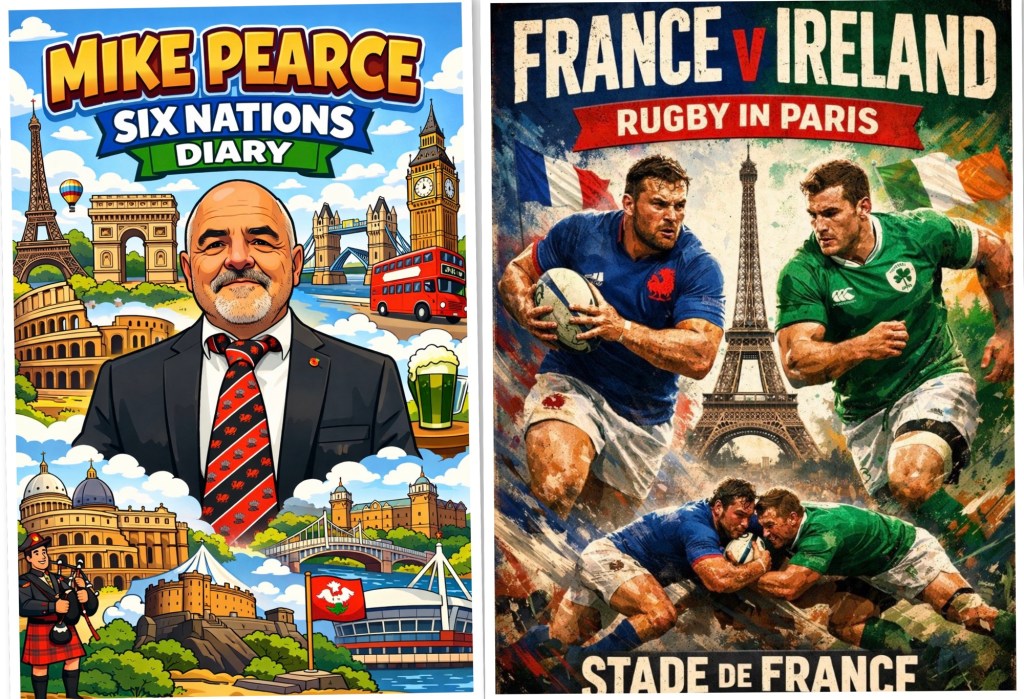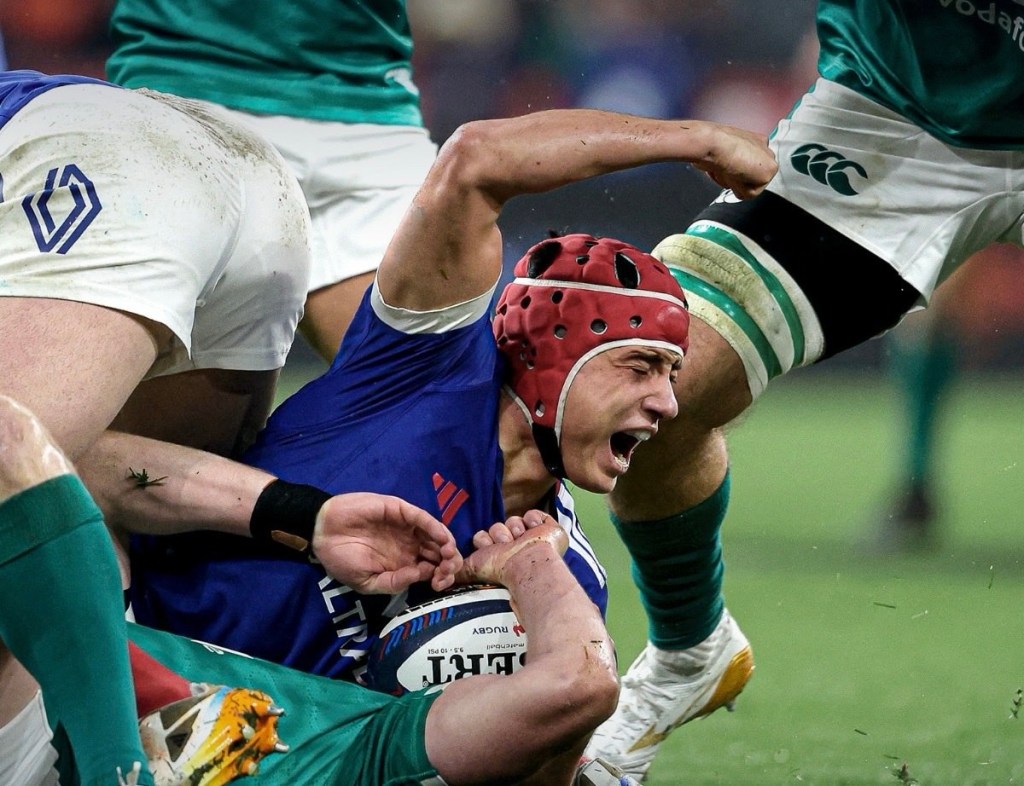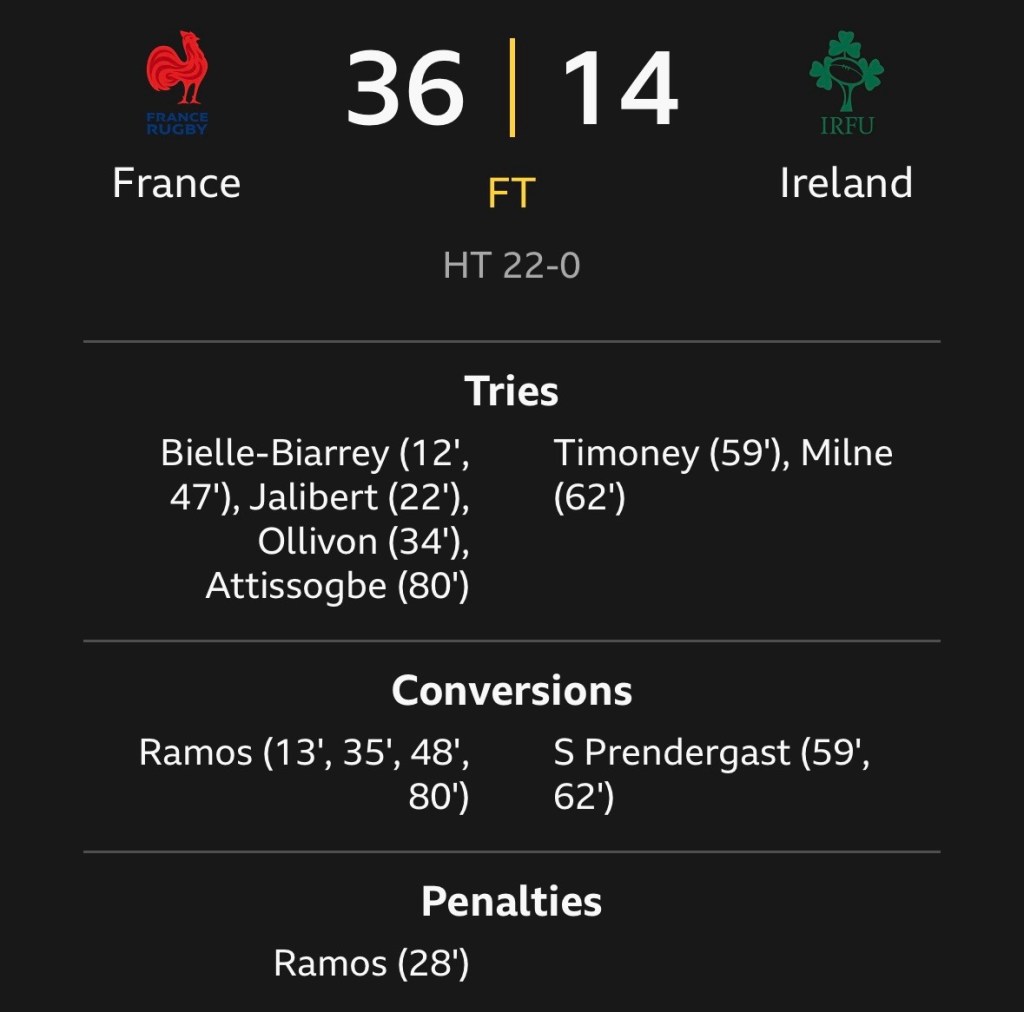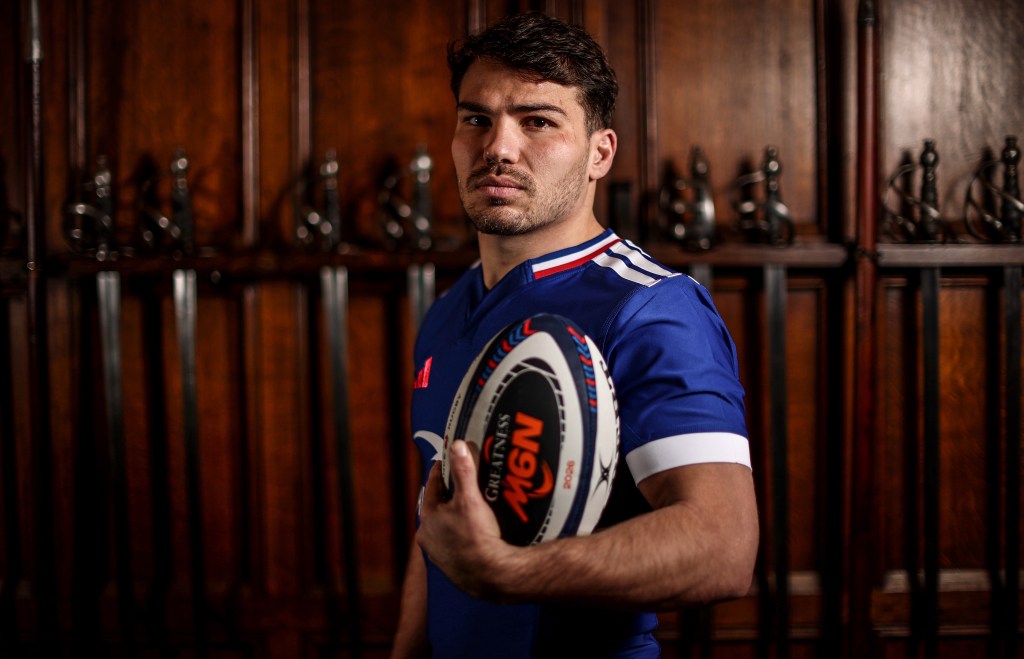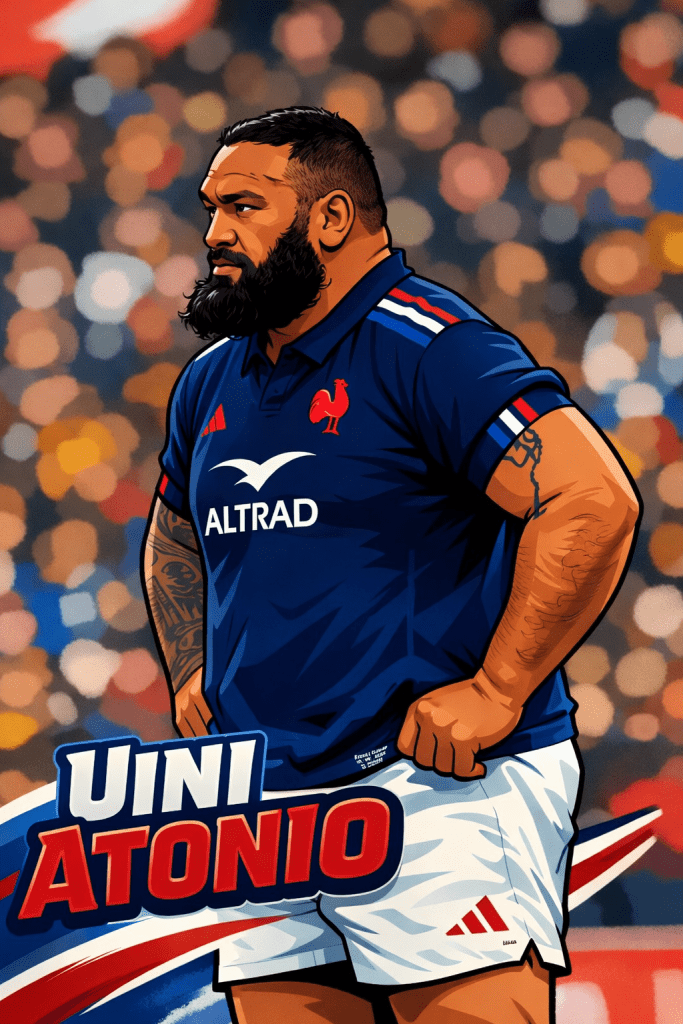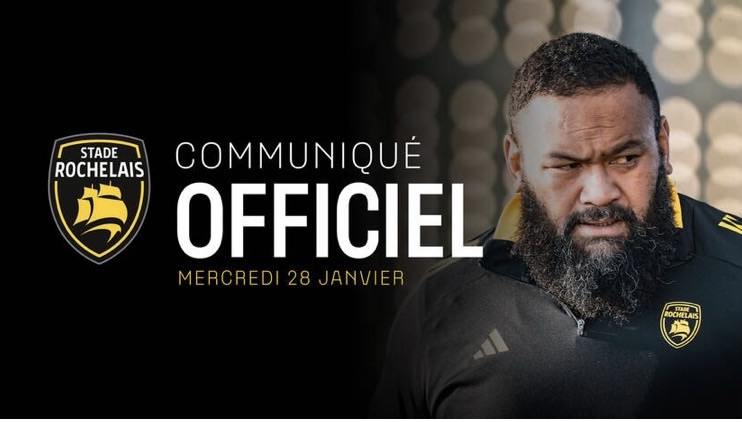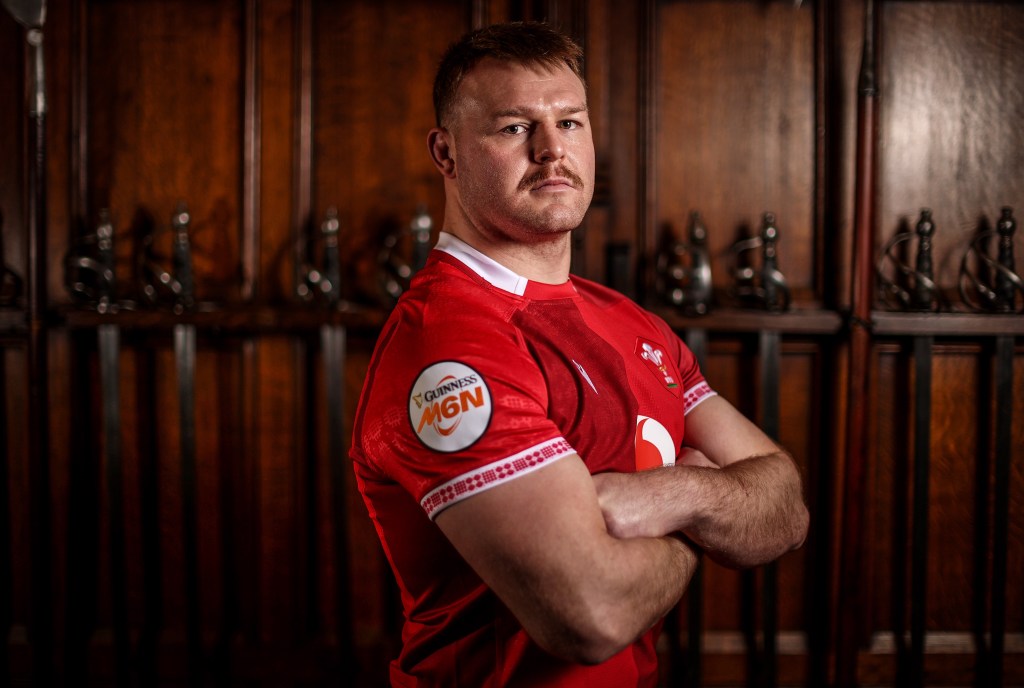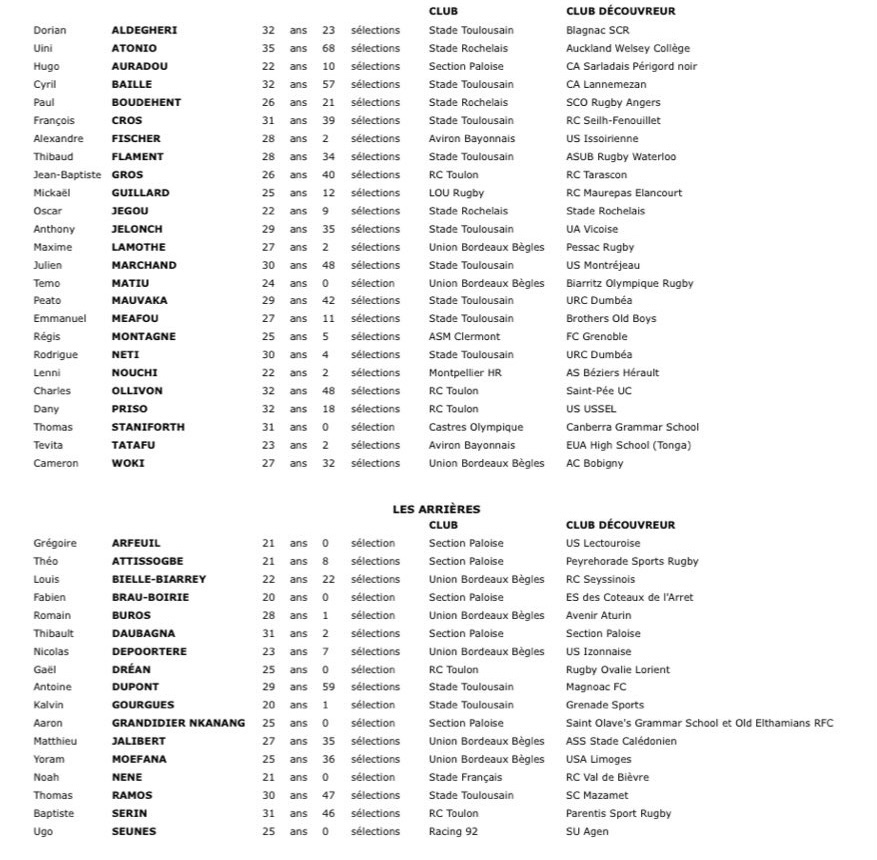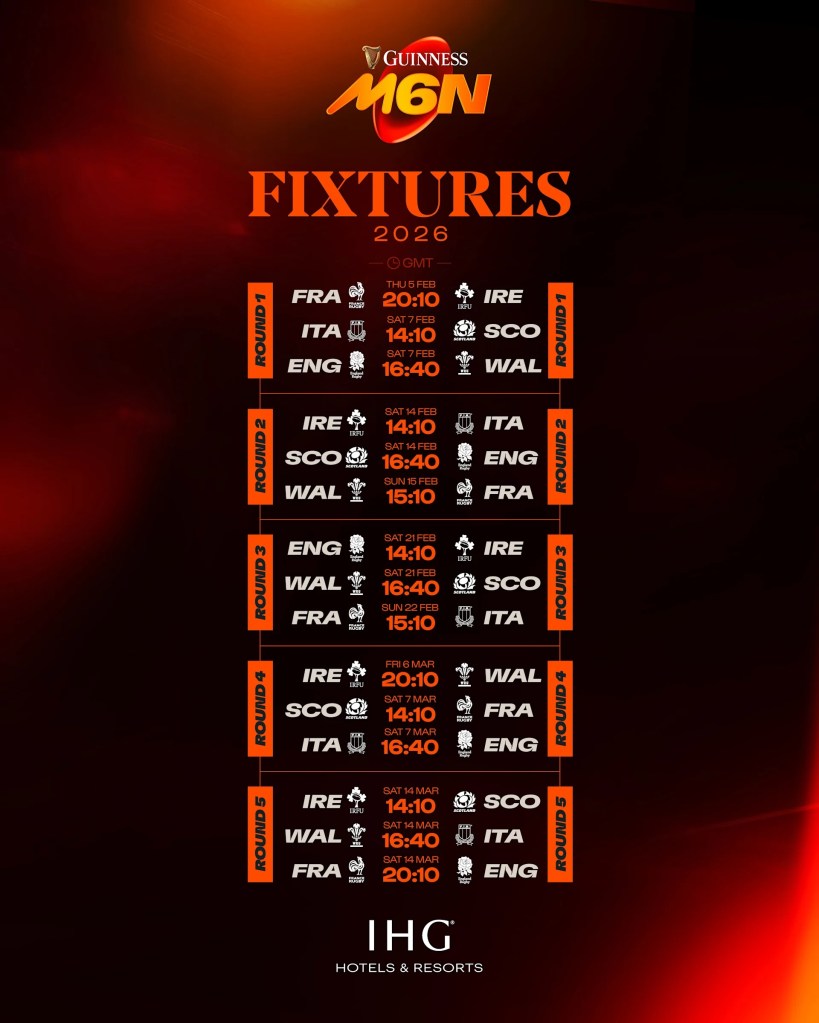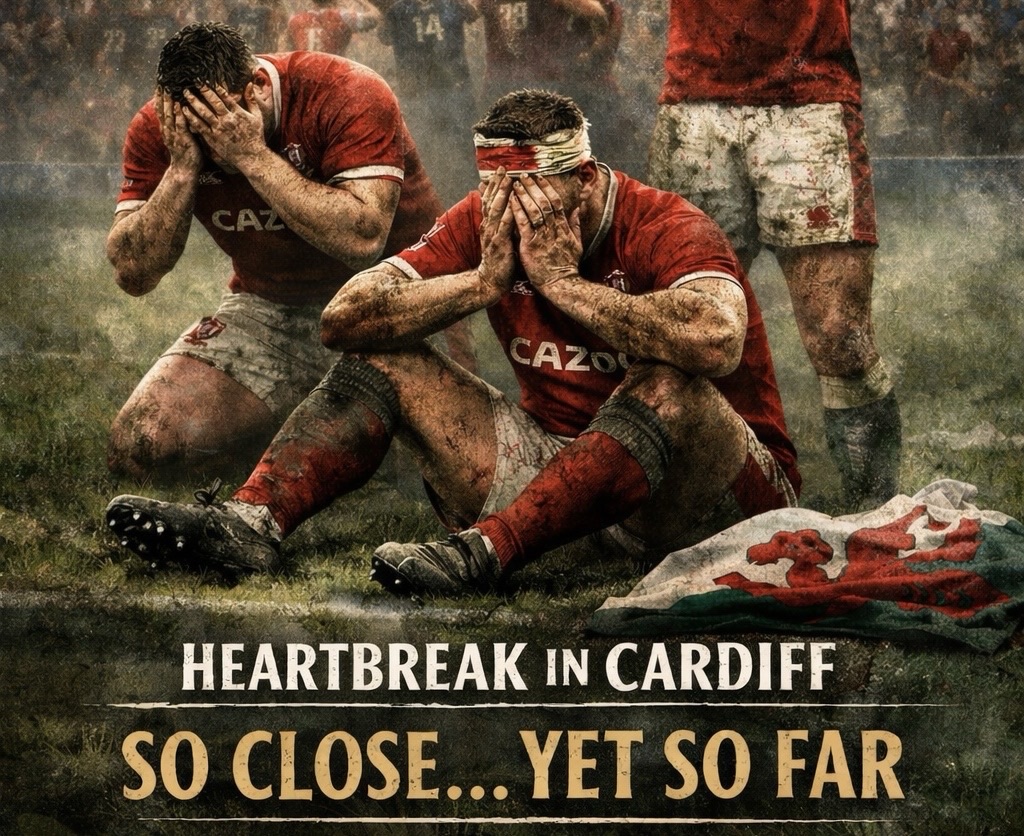
Halley’s Comet returns to Earth’s vicinity approximately once every 75 years, making it possible for a person to see it twice in their lifetime. A Welsh Six Nations victory is assuming similar proportions.
There have been more sightings of Shergar, Lord Lucan and rocking horse droppings than there have been of Welsh rugby successes in recent years so any glimmer of hope for a return to better days is greeted with open arms.
Bread of heaven has been gluten-free in these parts since 17 February 2022 but last Saturday we thought we could finally toast (see what I did there ?) a victory, but when you are Welsh you learn at a very early age to never take anything for granted.
The stadium clock was showing 74 minutes, the men in red were just six minutes away from a memorable win. 74,000 souls were at fever pitch creating the sights and sounds this wonderful cathedral squeezed into the centre of Cardiff used to regularly transmit it was an emotional transformation and something we thought we might never experience again.
Yet here we were Wales leading Scotland 23-19 yes the same Wales cast out pre match at 9/1 with the bookies to beat the tartan terrors who had destroyed the English a week earlier, one could taste, smell and almost touch that elusive win.
But, in sport heartbreak does not arrive early it waits for certainty. Wales played with fire in their bellies and steel in their hearts, a victory was within their grasp, but they could only watch it turn to ashes in the final minutes.
Despite defeat, this was the performance we had all been craving. The old stadium rattled once again with the ear-piercing sound of hymns and arias, finally we experienced the emotions that had eluded us since for what seemed like an eternity ….. Hope and pride.
It was the rugby crash trolley, the oval defibrillator reviving a team who are not out of the woods yet but whose condition is for the time being, at least, stable.
It seems clear the fans will return, the passion and the fervour is still there all it needs is for those glowing embers to be re-ignited.

